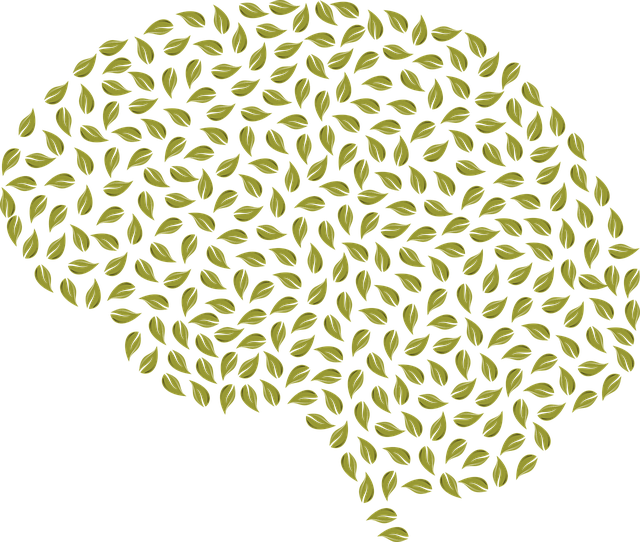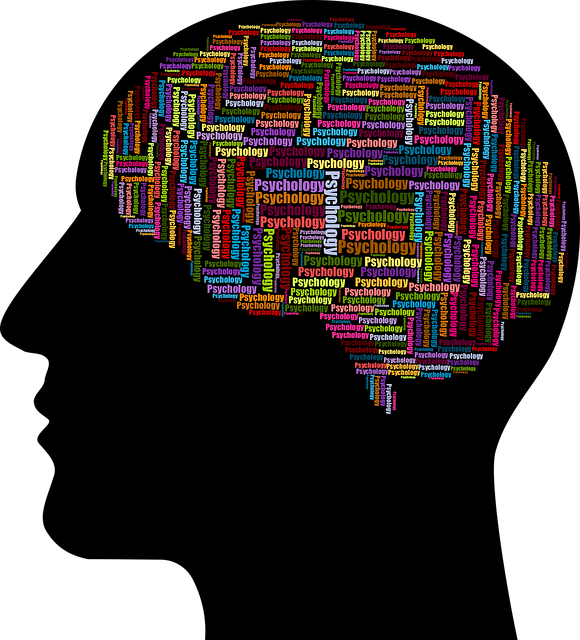Mental wellness programs tailored for adults with conduct disorder (AD) employ cognitive-behavioral therapy, mindfulness, and compassion cultivation. Evaluating these programs is key to ensuring their effectiveness using both standardized tools and subjective methods like interviews and journaling. Assessment focuses on symptom reduction in aggression, impulsivity, and emotional regulation, as well as improved social functioning and overall emotional well-being. Long-term outcomes and relapse rates guide public awareness and highlight successful interventions, while proactive burnout prevention strategies benefit both patients and healthcare providers. Holistic evaluation considers direct participant outcomes and indirect societal impacts for evidence-based mental wellness initiatives targeting AD.
Mental wellness programs have evolved to address diverse needs, especially among adults with conduct disorder. This article delves into the intricate world of evaluating these programs, offering a comprehensive guide on understanding their impact. We explore effective therapy assessment methods for adults with conduct disorder, highlighting common tools and outcomes measurement techniques. By unraveling these evaluation strategies, we aim to enhance the quality of care and ensure successful mental wellness interventions tailored to this population.
- Understanding Mental Wellness Programs and Their Evaluation
- Assessing Therapy Effectiveness for Adults with Conduct Disorder
- Common Evaluation Methods and Tools
- Measuring Success: Outcomes and Impact Assessment
Understanding Mental Wellness Programs and Their Evaluation

Mental wellness programs are designed to support individuals in managing and improving their mental health, encompassing a wide range of interventions tailored to specific needs. These programs can include various therapeutic approaches such as cognitive-behavioral therapy, mindfulness practices, and compassion cultivation techniques, all aimed at fostering resilience and enhancing overall well-being. The evaluation of these programs is crucial for understanding their effectiveness and ensuring they meet the unique requirements of different populations.
One essential aspect of program evaluation involves assessing the impact on participants’ lives. This includes measuring improvements in symptoms related to conditions like conduct disorder in adults, as well as the overall reduction of anxiety and stress. By employing evidence-based methods and tools, such as standardized questionnaires and interviews, evaluators can gain insights into the success of mental wellness programs. Incorporating Mind Over Matter principles and Compassion Cultivation Practices within these evaluations allows for a holistic understanding of participants’ journeys, capturing not just symptom reduction but also the development of coping strategies and increased emotional resilience.
Assessing Therapy Effectiveness for Adults with Conduct Disorder

Evaluating the effectiveness of therapy for adults with conduct disorder is a multifaceted process that goes beyond simple outcome measures. It requires a holistic approach, considering the individual’s behavior, social functioning, and emotional well-being both during and after treatment. Mental health professionals often employ structured clinical interviews and behavioral observations to assess changes in symptoms, such as aggression or impulsivity. Additionally, self-report questionnaires tailored for conduct disorder can provide valuable insights into the individual’s perception of their improvement.
Incorporating feedback from support systems like family members or peers is crucial for a comprehensive evaluation. This collaborative approach ensures that the therapy aligns with real-world improvements, enhancing its overall effectiveness. Moreover, examining long-term outcomes and relapse rates in Mental Health Policy Analysis and Advocacy can guide public awareness campaigns development, highlighting successful interventions. By addressing conduct disorder proactively through Burnout Prevention strategies, society can foster better mental health outcomes for affected individuals.
Common Evaluation Methods and Tools

Common Evaluation Methods and Tools
When assessing mental wellness programs, particularly those designed to address conditions like Conduct Disorder in adults, a multifaceted approach is crucial. This involves a combination of quantitative and qualitative methods to gain a comprehensive understanding of program effectiveness. Standardized assessments, such as validated questionnaires tailored for specific mental health symptoms and impairments, provide objective data on participant progress. For instance, tools measuring aggression, impulsivity, and emotional regulation can offer insights into the severity of Conduct Disorder symptoms before and after therapy.
Additionally, qualitative techniques like semi-structured interviews and focus groups allow participants to share their experiences, perceptions, and feedback about the program. This valuable subjective information complements quantitative findings, providing deeper insight into the impact of interventions. Furthermore, integrating Burnout Prevention Strategies for Healthcare Providers within evaluation frameworks ensures that both provider well-being and patient outcomes are considered, as Stress Management is a critical component of holistic mental wellness. Even simple tools like Mental Wellness Journaling Exercises can offer valuable qualitative data, encouraging participants to reflect on their experiences and progress over time.
Measuring Success: Outcomes and Impact Assessment

Measuring Success: Outcomes and Impact Assessment
Evaluating the effectiveness of mental wellness programs is paramount to understanding their impact on participants’ lives, especially when addressing complex issues like Conduct Disorder in adults. This involves assessing outcomes that go beyond mere attendance or completion of sessions. Successful therapy for adults with Conduct Disorder should manifest in tangible improvements such as reduced aggression, better impulse control, and enhanced social functioning. By employing standardized assessment tools, professionals can gauge these changes objectively, ensuring the program’s effectiveness and identifying areas for improvement.
Beyond individual outcomes, assessing the broader impact of mental wellness programs is crucial. This includes evaluating how participants’ improved emotional intelligence and compassion cultivation practices translate into their personal relationships, work environments, and communities at large. Additionally, burnout prevention strategies for healthcare providers involved in these programs should be considered as part of the overall evaluation process. By measuring both direct participant outcomes and indirect societal benefits, a comprehensive assessment provides valuable insights that can guide the development and implementation of evidence-based mental wellness initiatives.
Evaluating mental wellness programs, especially those focusing on therapy for adults with conduct disorder, is essential for understanding their effectiveness. By employing robust assessment methods that measure both outcomes and impact, we can ensure these programs are achieving their goals. Common tools like standardized questionnaires, clinical interviews, and qualitative feedback provide a comprehensive view of participant progress. In the context of conduct disorder, evaluating therapy success goes beyond symptoms reduction to include behavioral changes, social skills development, and improved quality of life. Integrating these evaluation methods enables professionals to refine programs, enhance treatment outcomes, and ultimately support better mental wellness for those in need.












